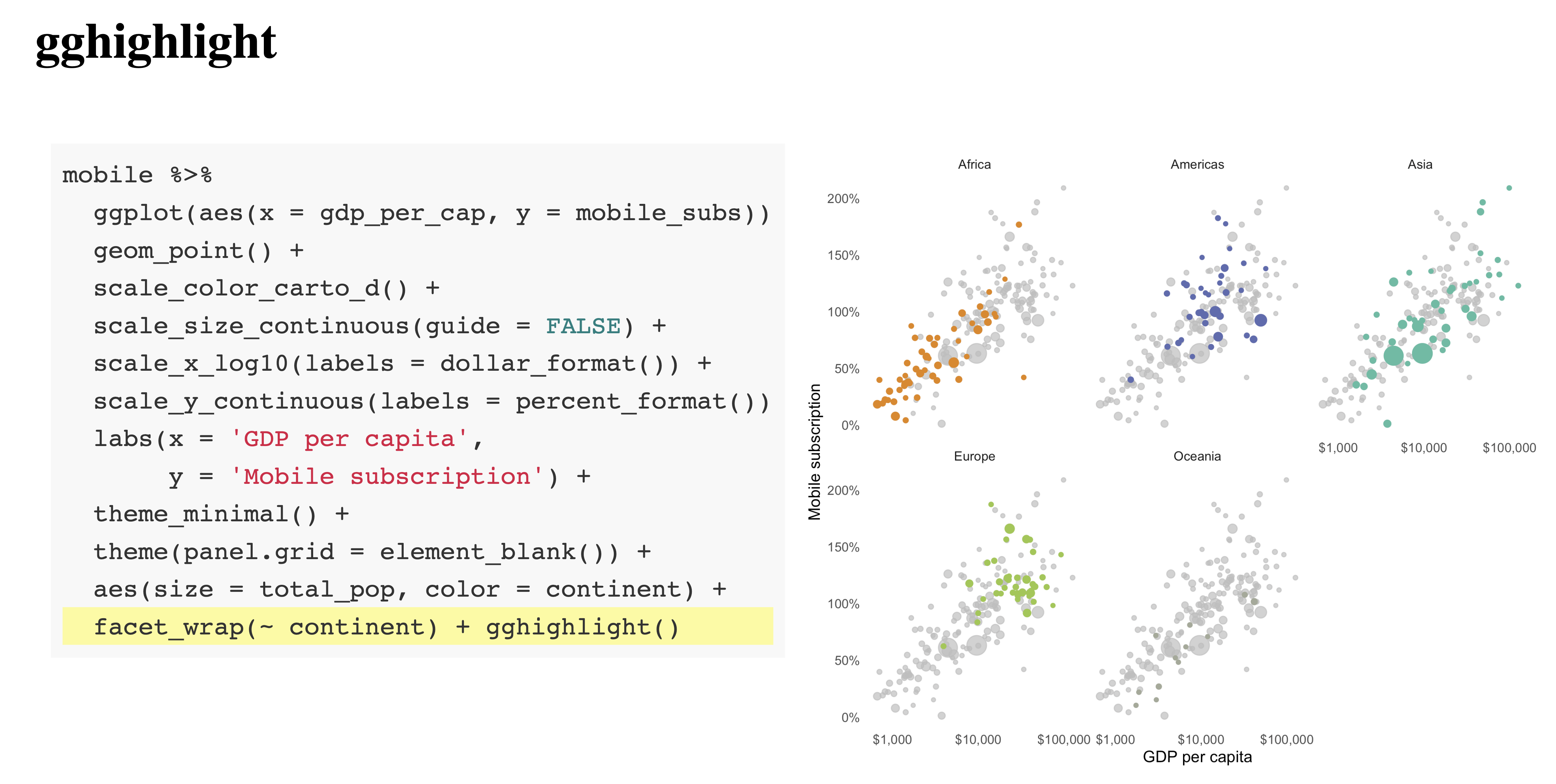As I work closely with graduate students (whom I dearly call my apprentices), I share with them some tools I picked up along the way that help boost my productivity and just make my life easier in general. Often, they come back with “WOW!!! XYZ has been really helpful! I wish I knew about it 5 years ago.” So do I. Well, some of these tools might have been at their early stage or not even existed then, but here they are, and I’m excited to share with the world what I have been obsessing over.
Before I start, a big thank you to John Gregg who trusted my recommendations, tried them out, and inspired me to write this post. Thanks to both John Gregg and Jeremy Rubin for proofreading!
Shortcuts and extended functionality
I have always strived to get more out of all the tools I use. I mean, if you have a vacuum with max level 10, would you always vacuum your house at level 3? Anyhow, described below are some of the tools I love, but I would encourage you to spend some time to learn more about the extended functionality of your own favorite tools.
For example, do you know that
in Chrome (and experimental in Edge), you can group and collapse tabs (extremely useful for tab hoarders like me with multiple topics going on at once)?

or if you type doc.new into your browser, it will create a new Google Doc? similarly for gist.new and {others}.new
or if you Spotlight Search in macOS, you can
Cmd+Enterto open the directory containing the object instead of the object itself?or, in most applications, you can do
Cmd/Ctrl+Shift+Vto paste plain text?
So, I encourage you to do the same. Find cheat sheets. Really use the tools. Watch the experts do live screencasts and learn. I learned that the RStudio icon brings me to the project root directory 🤯 from watching Jenny Bryan’s live demo one time.
RStudio, Visual Studio Code, and the command line
Unfortunately, text editors are another thing no one tells you and everyone has really strong opinions about.

Whichever editor you use, know your shortcuts and, at the minimum, please work on separate projects separately. In other words, utilize RStudio’s Project and VSCode’s Workspace. I use RStudio for all of my R work, including interacting with git and the Terminal for these projects. For everything else, I use VSCode. Extensions in VSCode such as GitLens and Docker have been game-changing for me when working collaboratively in larger groups.
The missing semester of your CS education is a wonderful course that is freely available to anyone. Several undergraduate and graduate students to whom I have suggested this course found it extremely helpful for getting comfortable with the command line and Git. One thing I’ll say about the command line is: you don’t need much. Knowing only a few commands would be sufficient to get into your school’s clusters and submit jobs. These 5 uses of the command lines are pretty niche, but I’m pretty sure you’ll find your own favorite command sooner or later.
Password manager
I recently migrated from LastPass to the multi-platform open-source Bitwarden. I enjoy several of its neat features, e.g. random password generator with constraints, and smooth phone app integration (I use the browser extension and the phone app). It’s free, but I pay $10/year extra for 2FA support for websites like Penn’s ones to avoid phone messages or third-party app push notifications.
A general good practice is to use password manager for most sites and large mnemonic passwords for your master password and for sites you want to keep most secure, like your personal email. Lowercase letters of multiple phrases comprise long passwords that are cryptographically hard to break. No number or capitalized letters or special characters needed. Ref: A great 3 minute listen
But most importantly, I don’t care which password manager you use, just please use one. Setting these up takes less than 5 minutes, and if my 60-year-old mother uses a password manager, you have no excuse not to!
uBlock Origin
Install the browser extension to block ads. No explanation needed.
slides.com
I love making presentations on slides.com because of its simplicity, amazing support of iFrames along with many cool and easy-to-use things like code highlighting and inline equations. For example, here, I embedded a xaringan deck inside one single slide. How cool is that?
 One “singularity failure” it has, though, is that the server can be down and you may not be able to open your nicely prepared deck.
As far as I’m concerned, this has happened only once last summer when we all started working from home, so maybe (hopefully) they have fixed that for good now.
Also, once, I had a network connection issue at a conference which was sorted out quickly thankfully, but it would be wise to export your slides as pdf as a backup ahead of time.
One “singularity failure” it has, though, is that the server can be down and you may not be able to open your nicely prepared deck.
As far as I’m concerned, this has happened only once last summer when we all started working from home, so maybe (hopefully) they have fixed that for good now.
Also, once, I had a network connection issue at a conference which was sorted out quickly thankfully, but it would be wise to export your slides as pdf as a backup ahead of time.
Git and GitHub
This is a little bit more on the computational side, but Daniel Himmelstein laid out why version control is important for scientific rigor & reproducibility in this workshop. In brief, Git allows you to track your project’s history, and making your work public on GitHub forces you to have good practices such as clear code and detailed documentation. Finally, knowing how to make pull requests opens infinite opportunities to contribute to open-source software, making you more visible, and all these skills would benefit you immensely in large, collaborative projects later.
For the longest time, I use GitHub to mostly deposit my MATLAB code - those were the days! It was not until my postdoc that I started to incorporate git more in my day-to-day work. To me, the easiest way to learn a new tool is to force yourself to work with it for one specific project. Write your first paper with Manubot, for example. For beginners, interact with Git via the command line interface can be a little intimidating, but there are great IDEs out there with so many good tutorials. A few: Git and GitHub crash course GitHub Desktop quick intro git-tips, git - the simple guide, cheatsheet and more R focused: https://happygitwithr.com/, what they forgot to teach you about R, git for solo users I have heard GitHub Desktop has an intuitive interface that helps even the steep learning curve of Git. Personally, I use RStudio for most of my interaction with git for R package development/analysis code update.
Zotero
Even though its primary purpose is for citation management, I use Zotero’s desktop app and browser extension to mostly organize papers into folders. No more downloading the same paper 5 times and clutter your Downloads folder!
That’s it!
These are all my favorite tools. What are yours? Do you have better alternatives? Have you had a good experience with a citation manager when integrating both google doc and word? [@ me](https://twitter.com/trang1618) and I’ll include your suggestions in the next post!